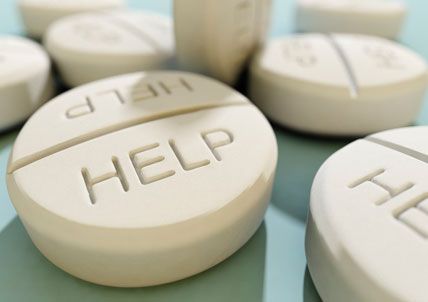
Speak with one of our qualified Treatment Advisers
Call Now
1-800-296-3484 Immediate help, 24/7
Addiction is a difficult situation with extreme and often horrific consequences. Most people with an addiction deny having a problem and avoid treatment. The belief is that trying to quit the drug of choice would be as difficult as the addiction itself. This may have been true at one time, but treatment options prove to be much easier and efficient with less stigma.
Medications are now available for the treatment of addictions. Not all conditions can be treated with medications alone. According to studies, some individuals can respond well to medical treatment for addiction known as a medication-assisted treatment.
Why Medication Helps?
Medication can often help an addicted person return to a clearer, healthier state of mind. Such treatment can also reduce cravings and deter withdrawal. Medications can remedy the addition while also managing other health issues like diabetes and heart disease.
Medication-Assisted Treatment (MAT)
MAT is a therapy healing plan with the use of medications, often associated with therapy and counseling in the care of substance abuse disorders. Although this type of drug plan does not work for every problem, some of the addictions that can be helped with medicine are:
• Alcohol
• Tobacco
• Stimulants
• Marijuana
• Hallucinogens
• Opioids like heroin and prescription pain relievers
This may not be an all-inclusive list of addictions and the treatment plan for any of these and others depends on upon the severity and your doctor’s recommendation. The effects of the medicine for someone with substance abuse works to stabilize the brain chemistry, relieve physical cravings, block any elated effects of the substance while managing normal body functions without harmful effects of the abused drug.
Drugs Used for Addiction Treatment
Medications for the treatment of opioids may include buprenorphine, methadone, and naltrexone. Medicines can also be effective for short-acting substances such as morphine, heroin, and codeine, along with hydrocodone and oxycodone, which are semi-synthetic.
• Methadone makes the brain feel like it is still getting the drug it is treating without feeling high. There is the absence of withdrawal through this medication. It is advisable that women either pregnant or while breastfeeding advise the treatment provider before using this or any drug.
• Naltrexone, opposed to the other prescription medications, works to block any sedative or euphoric feelings that are felt with the abused drug.
• Buprenorphine works similar to methadone while reducing and suppressing cravings for the addictive drug.
• Naloxone is an injection to help with an overdose of opioids.
Medications for the addiction of alcohol includes naltrexone, disulfiram, and acamprosate. None of these medicines claim to heal or cure the user of the addiction but as part of a therapy program and counseling.
• Naltrexone blocks the related effects of alcohol and sense of intoxication. It works to help alcohol abusers to limit drinking behaviours enough to avoid relapses and stay motivated to a healthier life.
• Disulfiram is for chronic alcohol addicts after frequent relapses and detoxification. It does have some uncomfortable side effects like chest pains, vomiting, difficult breathing, headache and nausea if taken with alcohol. It should be taken under supervision and only as directed to end the cravings for alcohol.
• Acamprosate is a medication for the post-drinker in recovery. It works to end cravings for a drink and wards off the symptoms of withdrawal. This drug can work with both the alcoholic and drug abuser. Take as directed only. Side effects noted are anxiety, upset stomach, diarrhea, dizziness, loss of appetite and difficulty sleeping.
When prescribed medication for the treatment of addiction, they can safely be taken for months, years or longer, depending on the orders of your doctor. Never discontinue use without authorization. For greater success in treating drug addiction, medications need to be accompanied by therapy, counseling and full support of friends and family.

For immediate help, 24/7
Please call us!
© Copyright findaddictiontreatments.com 2024 All Rights Reserved.